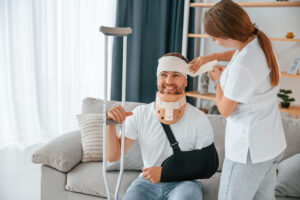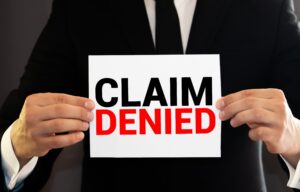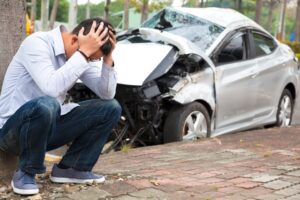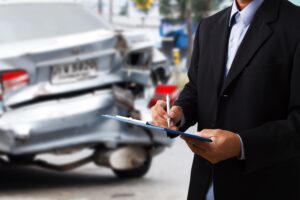
Make the most of your first meeting with your auto accident attorney by arriving prepared. We recommend completing the following steps to maximize your time: Continue reading “Preparing for Your First Meeting with a Car Accident Lawyer”
Naples & Fort Myers
Sarasota & Bradenton

Make the most of your first meeting with your auto accident attorney by arriving prepared. We recommend completing the following steps to maximize your time: Continue reading “Preparing for Your First Meeting with a Car Accident Lawyer” →

As of March 2023, Florida determines negligence using the Modified Comparative Negligence Standard. This new bill has altered litigation across Florida and could impact your ability to receive compensation after an accident.
Read on to learn more about Florida’s Modified Comparative Negligence standard and how it could impact your personal injury claim. Continue reading “What is Florida’s Modified Comparative Negligence Standard?” →

Insurance companies look out for their bottom line – not their policyholders’ best interests. So, they’ll often find excuses to deny claims and avoid paying compensation. Common excuses include: Continue reading “Common Excuses Insurance Companies Use to Deny or Low-Ball Claims” →

During the claims process, your insurer may ask you to give a recorded statement. This statement will be considered with the rest of the evidence from the accident. But, are you required to provide this statement? Continue reading “Is It Required to Give a Recorded Statement to the Insurer?” →

Keep reading to learn more about this type of personal injury case, including the most prevalent injuries in Florida slip and fall cases. Continue reading “Common Injuries in Florida Slip and Fall Cases” →

Keep reading to learn more about Florida’s Collateral Source Rule and what it may mean for your personal injury case in the Sunshine State. Continue reading “Understanding the Collateral Source Rule in Florida” →

First off, it’s important to remember that insurance companies are for-profit entities. To make as much money as possible, insurers aim to deny claims whenever possible or pay less than the full claim amount. So, while some claims are denied for legitimate reasons, others are denied or minimized due to formalities, loopholes, or even mistakes in the police report. Continue reading “What to Do Next if an Insurance Company Denies Your Claim” →

Try to avoid these missteps after a car accident:
If you’ve sustained injuries in a car accident you should, of course, go to the hospital in an ambulance if necessary. But, otherwise, don’t drive away from the crash. Even if it seems like a minor incident, stay put. Unlawfully leaving the scene of a car accident is a criminal offense under Florida law. Continue reading “Things to Never Do After a Car Accident” →

The claims process can be confusing, especially as you recover from an accident. So, if the insurance company asks for a recorded statement, you may wonder if you should oblige, or if doing so may hurt your claim.
In this article, we’ll discuss whether you’re required to provide a recorded statement to an insurance company after an accident. Continue reading “Am I Required to Give a Recorded Statement to an Insurance Company After A Motor Vehicle Accident?” →

Below, we will answer common questions regarding PIP insurance that you may have as an auto accident victim. Continue reading “Can You Sue in Florida, as a No-Fault State, for Pain and Suffering after a Motor Vehicle Accident?” →